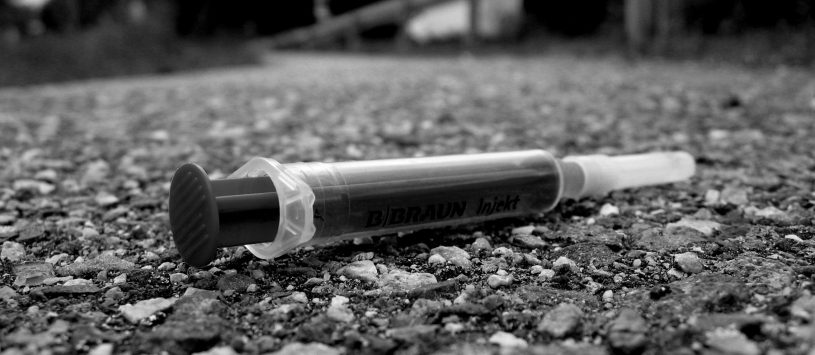OPINION: Over-prescribing painkillers fuels heroin rise
The Centers from Disease Control and Prevention’s (CDC) July report documents a disturbing increase in heroin use. The use of this highly addictive and dangerous drug is now expanding to all demographic groups.
In fact, the most rapid expansion of heroin use and addiction is now occurring among segments of the population that up until recently were not as impacted: women and those with higher incomes. This signals a disturbing widening of a problem that had already reached epidemic proportions. Deaths from heroin overdoses have tripled over the past several years with more than 8,000 people now dying annually.
Read the whole article here.




